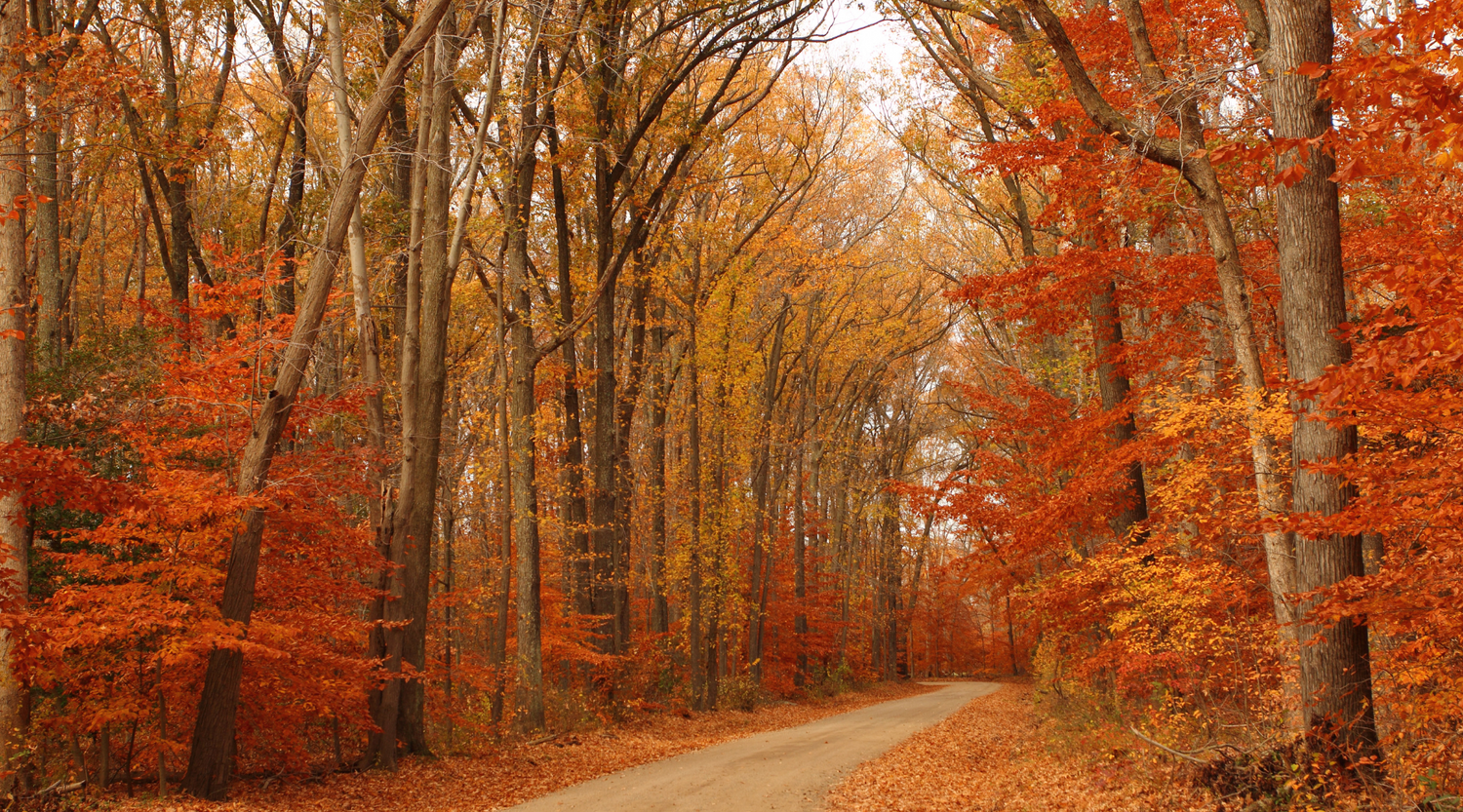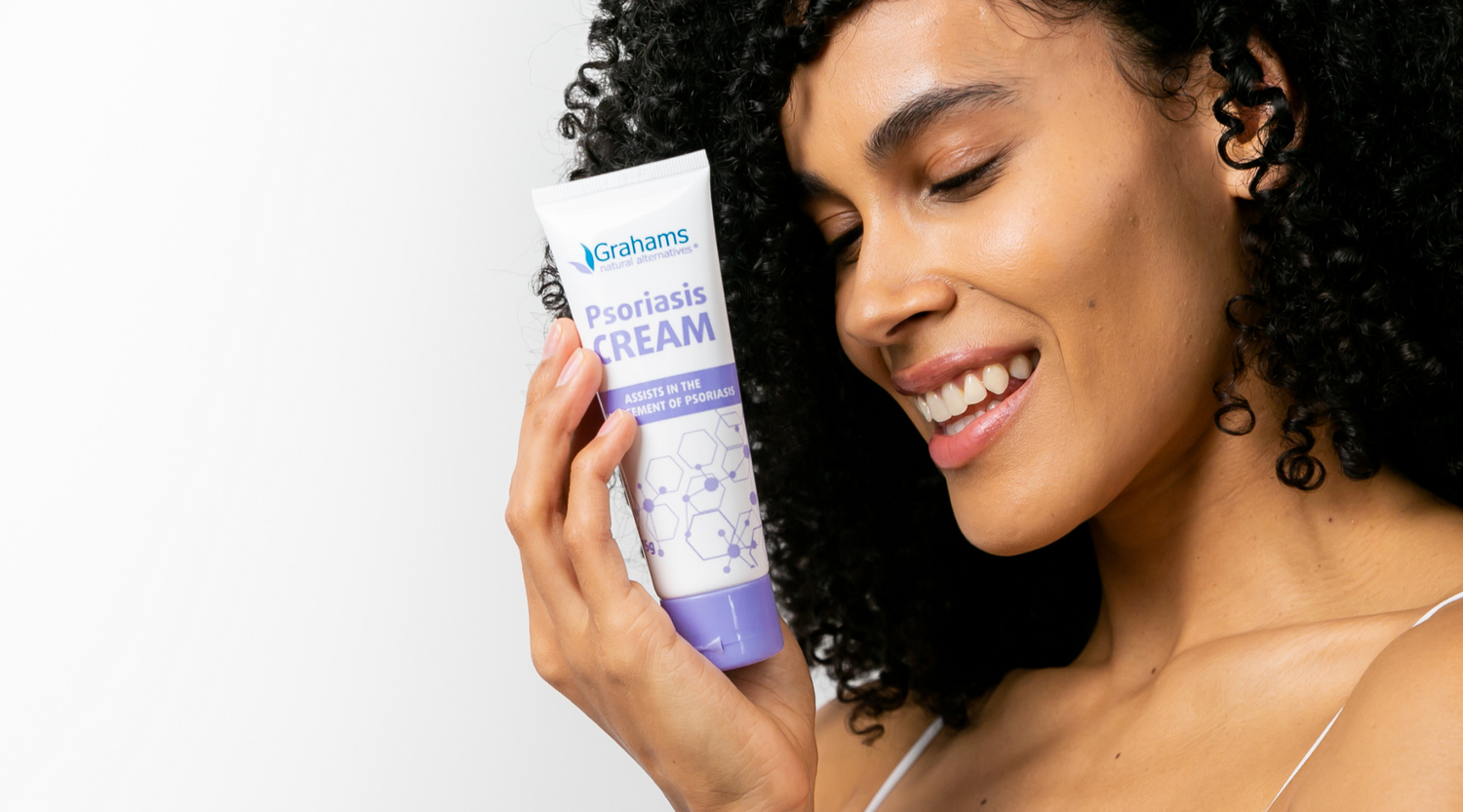he cool and dry winter air means that eczema flare ups are more common during the winter months. Eczema flare-ups occur because your skin can’t stay moist on it’s own. Managing skin conditions like eczema during the cooler winter months can be challenging so we’ve created five top tips to help you combat the change in weather. These simple tips are easy to implement and will help you avoid dry, itchy skin this winter.
- Be careful with hot water
Avoid using hot water when showering as heat enlarges your pores causing your skin to dry out quicker. Similar to when you’re exercising and sweating, your body requires hydration when you expend heat. When showering in winter, you should be careful with the water temperature as heat will dry your skin out quicker which could cause your eczema to flare up. To keep your skin moisturised while showering/bathing during winter look for products that are specifically designed for this. Our Bath and Body Oil is 100% oil based which protects your skin and keeps it hydrated whilst washing. Just rub into your skin before showering or put in your bath water for best results. We’ve developed our oil especially for people who experience reactions and allergies to certain ingredients in chemical based products. The oil based product provides a natural eczema relief particularly when the skin is irritated.

2. Pat yourself dry
This may sound simple but it is very important during the winter months to ensure you avoid eczema flare-ups. As your skin is more sensitive due to the dry air, rubbing it with a towel will scratch your eczema and cause further irritation. Patting down your skin after showering/bathing will reduce irritation and leave a little moisture on the skin which will benefit your eczema. If you have time, air-drying would be less hard on your skin, however this can be challenging during the cold winter months! After you’ve pat dried your skin, apply our effective eczema cream - the C+ Eczema Cream to help your skin stay hydrated and avoid the winter eczema flare ups.
3. Moisturise!
Moisturise, moisturise, moisturise. People with eczema hear this regularly however during the winter months it is even more crucial to help prevent flare-ups. A thick moisturiser can help prevent dry skin and should be applied two to three times a day during winter. Creams are useful as they seal in moisture and contain less oil than an ointment so are less greasy to touch. Here at Grahams, we have spent years perfecting our natural eczema cream. It is clinically tested to provide six hours of hydration for dry and irritated skin. The natural ingredients provide a cool, soothing feeling to relieve itching and pain that may be increased in the winter months. Our therapeutic eczema relief pack contains our most popular eczema products, our C+ Eczema Cream and our Bath and Body Oil. These products are essential for eczema sufferers during winter.

4. Dress in layers
Avoid thick and heavy clothing, instead opting for thin layers that you can remove one at a time. Also, be mindful of what your clothing is made up of. Wearing certain fabrics like nylon, wool or rough linen can irritate your skin. Opt for light fabrics like cotton, to help your skin breathe better. Wearing layers helps minimize dramatic temperature changes and protects your skin from drying out. Eliminate unnecessary layers from your bed and ensure bed linens are made from breathable fabrics. Apply our eczema cream before bed to ensure skin is hydrated to protect from irritation.

5. Be hyper aware of your diet
Taking care of what you’re eating is essential in winter if you suffer from eczema. Specific ingredients in foods can cause eczema flare-ups and these foods are more commonly eaten during the cooler months for comfort. Some foods to limit in winter to prevent eczema flare-ups include milk, wheat and eggs. It is also mindful to be aware of your water intake as your skin needs to be hydrated internally as well. Think of it as moisturizing your skin from inside to out. It is suggested to supplement your diet with Vitamin D as it has shown to decrease winter eczema flare-ups. Our Mega-Oil works to nourish your skin from the inside out. It is specifically made for people with skin conditions like eczema and can help prevent winter flare-ups.





